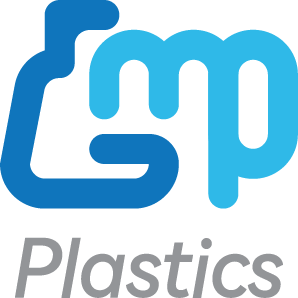While bioprocess containers are primarily used for upstream and downstream processing—handling cell cultures, buffers, and media—they may also be involved in processes where blood-derived components or plasma-based therapeutics are handled. Ensuring that these containers do not induce hemolysis is crucial for protecting product integrity and patient safety.
Understanding ISO 10993-4:2002 and Hemolysis Testing
ISO 10993-4:2002 is a key part of the ISO 10993 series, which establishes biocompatibility standards for medical and biopharmaceutical manufacturing materials. It specifically assesses the potential of a material to cause hemolysis, or red blood cell destruction, when in contact with blood or blood-derived products.
For bioprocess containers, hemolysis testing is critical in applications involving plasma fractionation, cell therapy, or the storage and transport of blood components. Any material that causes red blood cell lysis could compromise therapeutic efficacy and patient safety.
Hemolysis Testing for Bioprocess Containers
To ensure that our bioprocess containers meet ISO 10993-4 requirements, we conduct hemolysis testing to evaluate the interaction between our polymer-based materials and blood or blood-derived substances. This testing helps determine whether our containers are:
- Non-hemolytic (safe for use in blood-handling applications)
- Slightly hemolytic (requiring additional assessment)
- Hemolytic (potentially unsuitable for specific applications)
Testing Methods
-
Direct Contact Hemolysis Test
- Our bioprocess container materials are directly exposed to blood to assess whether they cause red blood cell rupture.
- This test simulates real-world conditions where containers may store or transfer blood-derived therapeutics.
-
Indirect Contact Hemolysis Test
- We test leachables and extractables from our materials to ensure that no harmful substances diffuse into stored products.
- This method helps validate the chemical stability of our containers when in prolonged contact with sensitive biologics.
Regulatory Compliance and Industry Standards
Meeting ISO 10993-4:2002 compliance is essential for regulatory approval from the FDA, EMA, and other global agencies. Our commitment to rigorous testing ensures that our bioprocess containers:
- Maintain product purity in blood-related biomanufacturing applications.
- Do not introduce hemolytic risks to cell and gene therapy workflows.
- Meet the highest standards for leachables and extractables, ensuring compatibility with blood-derived therapeutics.




